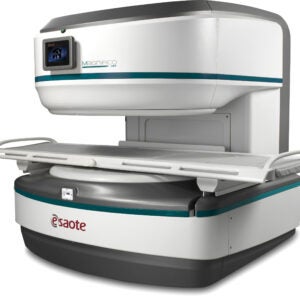
Pulse Biosciences said the feasibility study will include up to 20 subjects at the Scripps Clinic in San Diego, California, US.
Eligible subjects receive NPS treatment(s) followed by assessments at 7-days, 30-days, and 60-days post-initial NPS treatment.
The company expects to complete patient enrollment, treatment and follow-up in the first quarter of 2019.
The NaPS system is a non-thermal tech platform designed to deliver nanosecond duration energy pulses aimed to disrupt functions of internal cell structures while maintaining outer cell membranes, the company said.
Pulse Biosciences said that the device’s mechanism of action has been demonstrated in earlier clinical studies to eliminate treated cells with only mild inflammatory response and favorable healing and cosmetic outcomes.
Pulse Biosciences president and CEO Darrin Uecker said: “We’re pleased with the clinical progress we’re making in dermatology as we drive towards commercialization in this exciting market.
“We continue to demonstrate safety and efficacy in compelling dermatologic indications that also provide proof of the NPS mechanism in support of future indications in both benign and non-benign conditions.”
The clinical study is one of various clinical programs underway to assess Pulse Biosciences’ NPS therapy.
In July this year, Pulse Biosciences announced the treatment of the first patient in a clinical study to evaluate NPS in a common skin cancer, Basal Cell Carcinoma (BCC).
Patients in the study will be treated with NPS before resection of the BCC lesion, which is the standard of care for BCC lesions.
Four skin cancer surgery centers in the US will take part in the multi-center trial, scheduled to enroll up to 75 patients with biopsy-confirmed BCC lesions that will be treated and excised at the trail’s conclusion.
The company said the initiation of cell death by NPS leads to a minimal inflammatory response, which enhances healing outcomes and supports the replacement of treated tissue cells with healthy tissue cells.





